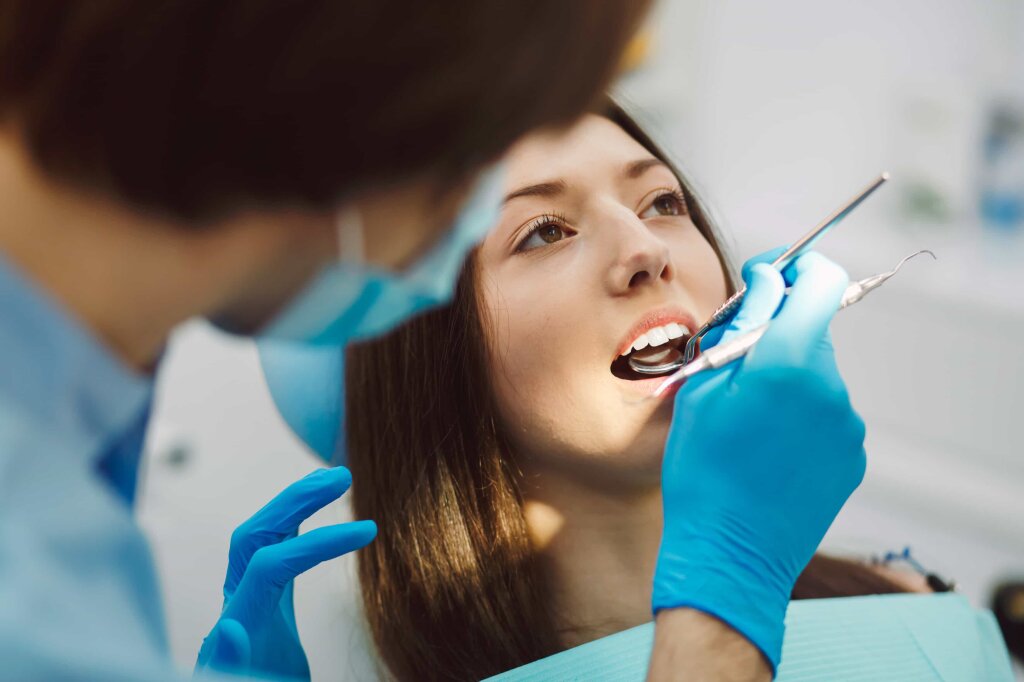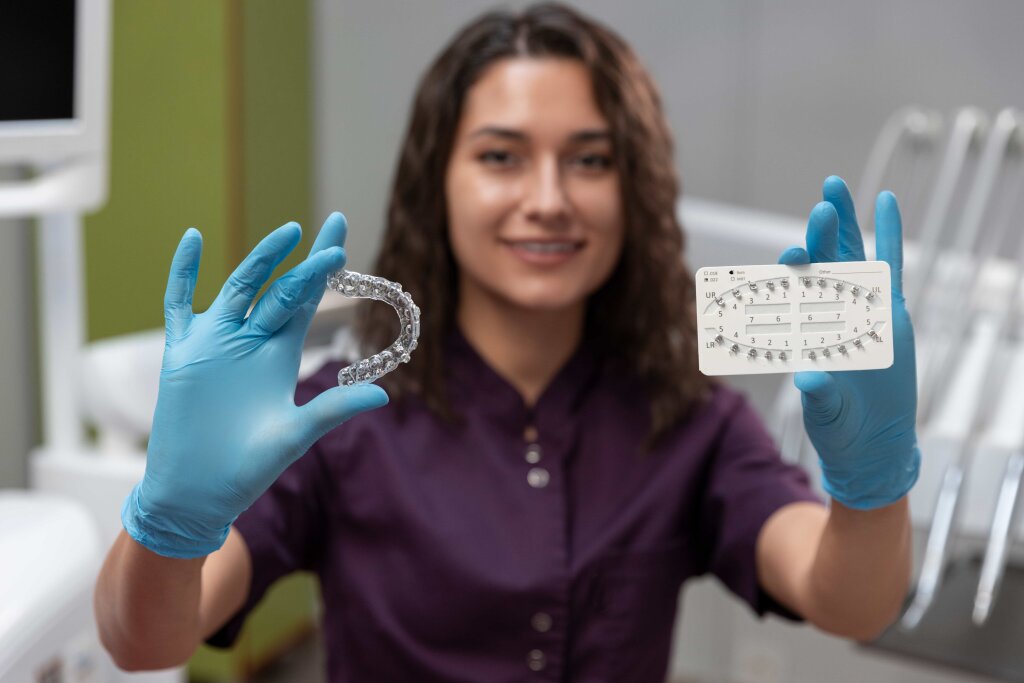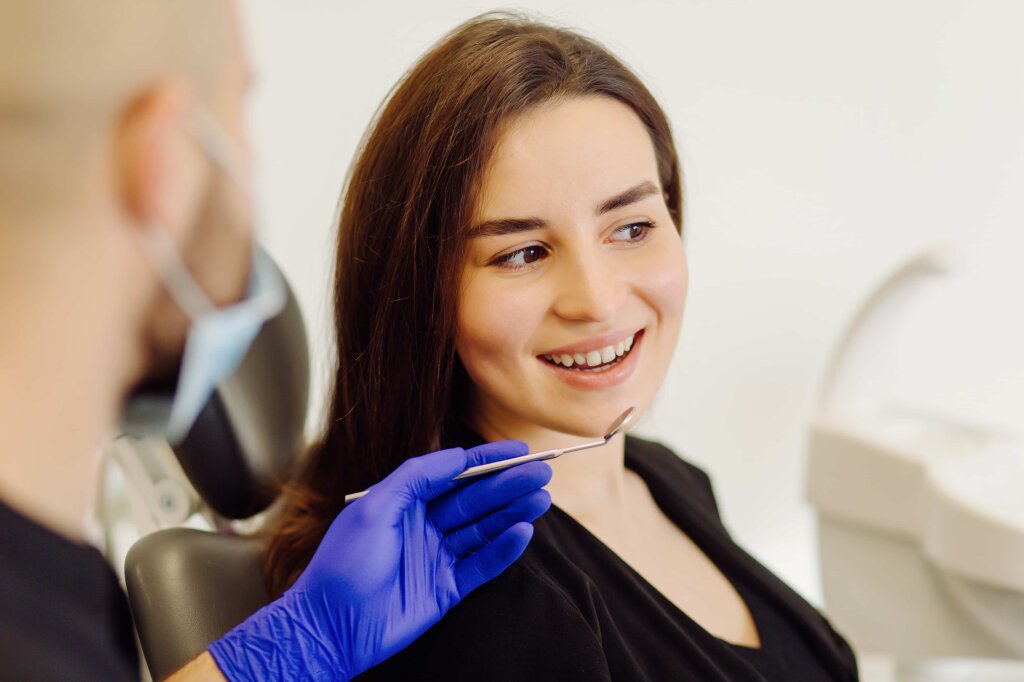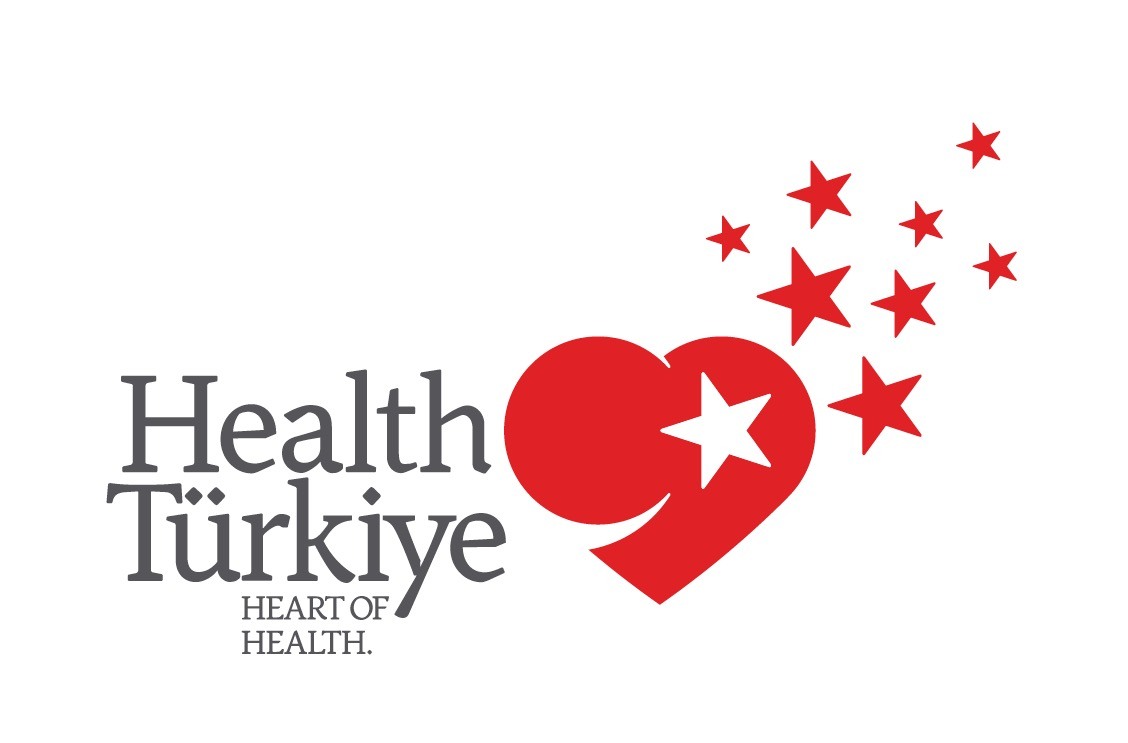Monolithic Zirconium Teeth: Are They Resistant to Fractures?
Monolithic zirconium teeth, a treatment method that combines dental aesthetics and functionality, have gained immense popularity in recent years within the field of dentistry. These crowns offer many advantages, especially for patients seeking durability and a natural tooth appearance. However, one of the most frequently asked questions by patients is whether monolithic zirconium teeth are resistant to fractures. So, how resistant are monolithic zirconium teeth to fractures?
What is Monolithic Zirconium?
Monolithic zirconium refers to dental crowns made from a single piece of zirconium. Unlike metal-supported porcelain crowns, monolithic zirconium is entirely metal-free and ceramic-based. Compared to other zirconium crowns, monolithic zirconium stands out particularly for its durability. While providing a natural-looking aesthetic, this material is highly resistant to fractures and cracks.
Durability of Monolithic Zirconium Teeth
Monolithic zirconium teeth are known for their resistance to chewing forces. This durability is a significant advantage, especially for back teeth and for patients suffering from bruxism (teeth grinding). Considering the pressures exerted on the teeth during chewing, it can be said that the risk of fracture in monolithic zirconium teeth is minimal.
Fracture and Crack Resistance:
One of the greatest advantages of monolithic zirconium teeth is their high resistance to fractures and cracks. The strong structure of zirconium prevents these crowns from being damaged even when chewing hard foods. These crowns, especially used on the back teeth, offer an ideal solution for patients with teeth grinding and clenching problems.
Long-Lasting Use:
When properly cared for, monolithic zirconium crowns can be used trouble-free for 10-15 years. This provides a significant advantage compared to other types of crowns. With a low risk of fractures and cracks, these crowns offer long-lasting use.
Resistance to Chewing Forces:
The forces exerted during chewing on the back teeth can challenge the durability of crowns. Monolithic zirconium crowns show high resistance to these forces. Since the risk of tooth wear, fracture, or cracking is minimized, patients can use these crowns with confidence for many years.
Aesthetic Advantages of Monolithic Zirconium
Monolithic zirconium teeth not only offer durability but also significant aesthetic advantages. These crowns provide a very close result to the natural structure and appearance of teeth. They can be an ideal choice for patients seeking a natural dental aesthetic, especially for the front teeth.
Natural Tooth Appearance:
Monolithic zirconium teeth perfectly mimic the appearance of natural teeth, thanks to their light-transmitting properties. Light passes through the tooth, providing a more natural brightness. This feature offers a significant advantage, especially during smile design.
Color Match:
Monolithic zirconium teeth can be designed to match the patient's natural tooth color perfectly. This ensures a flawless blend between the crowns and the real teeth. Additionally, since zirconium contains no metal, there are no aesthetic issues like gray reflections on the gums.
Gum Compatibility:
Since zirconium is a biocompatible material, it harmonizes perfectly with the gum tissue. It does not cause irritation or allergic reactions in the gums. This feature is a great advantage in terms of both aesthetics and gum health.






